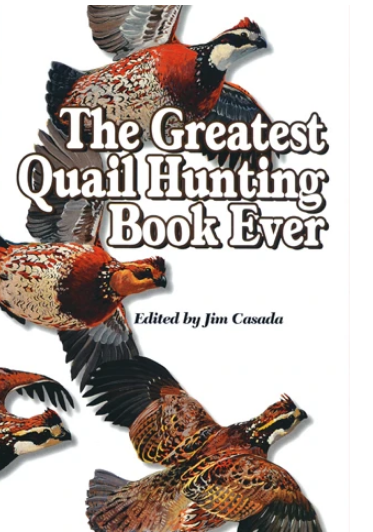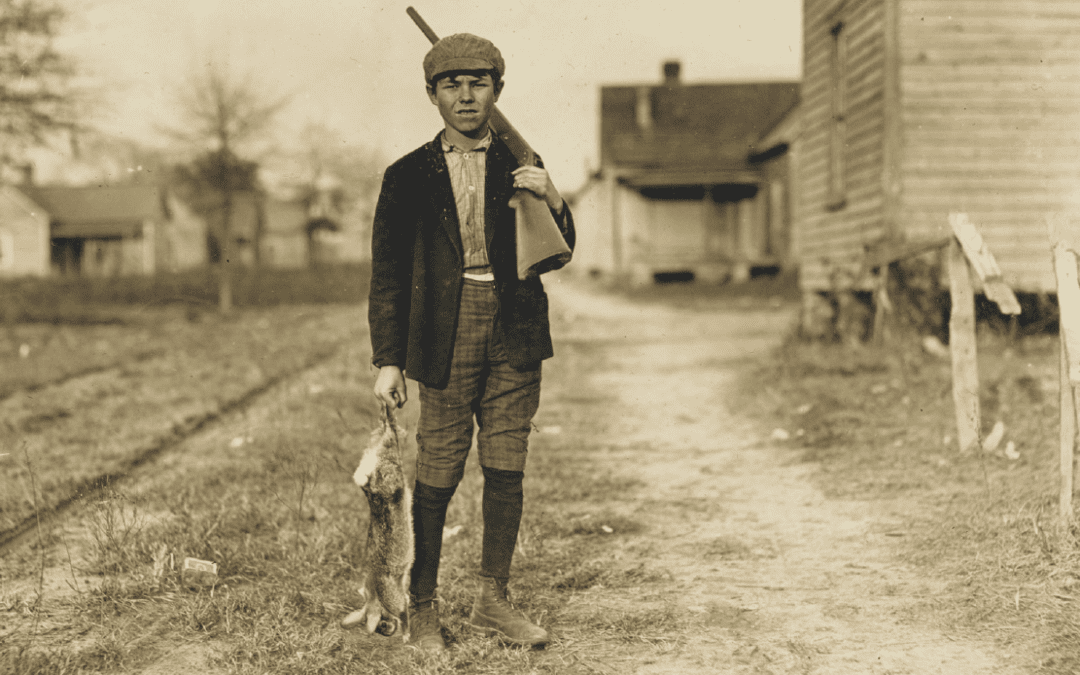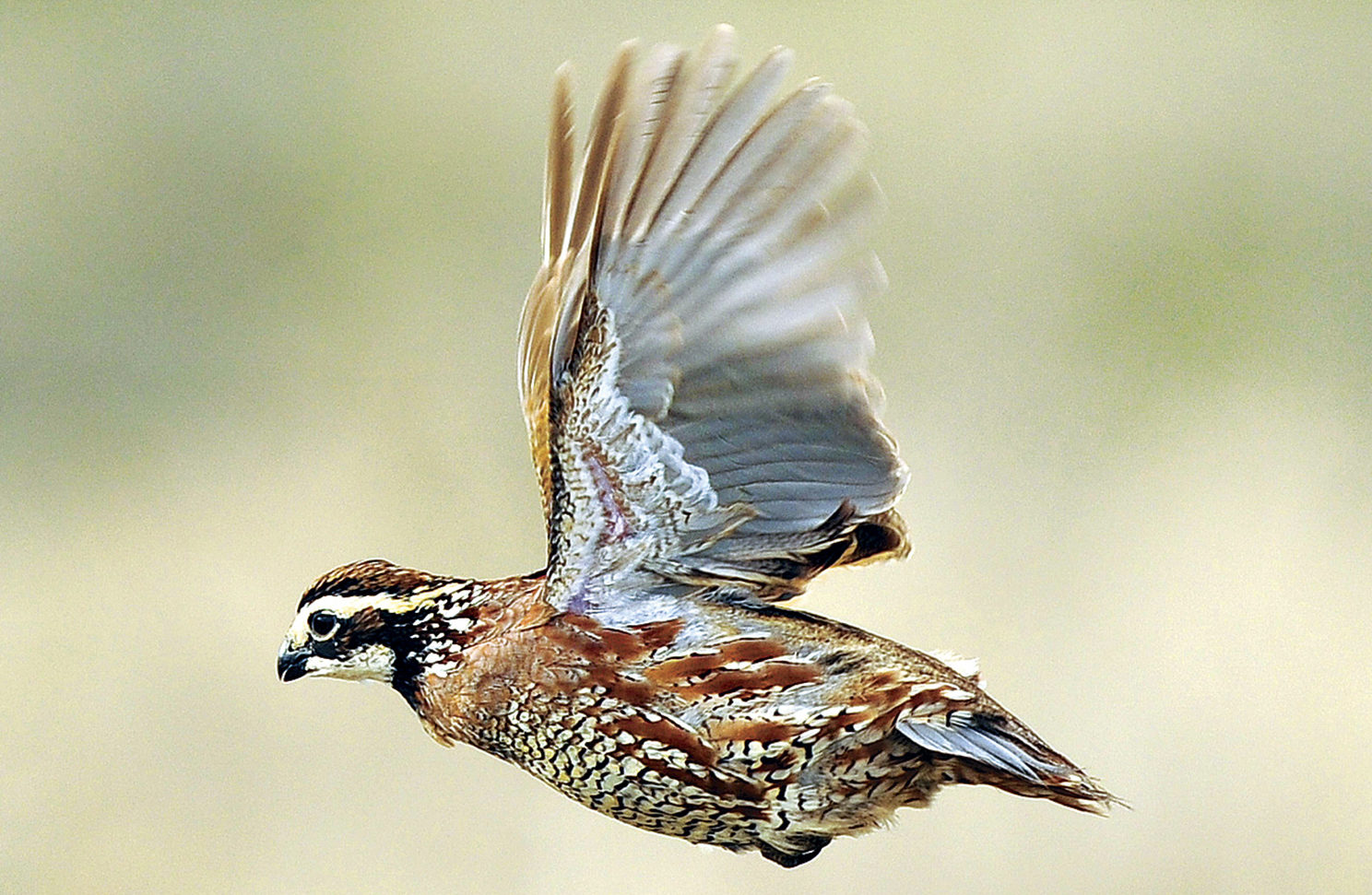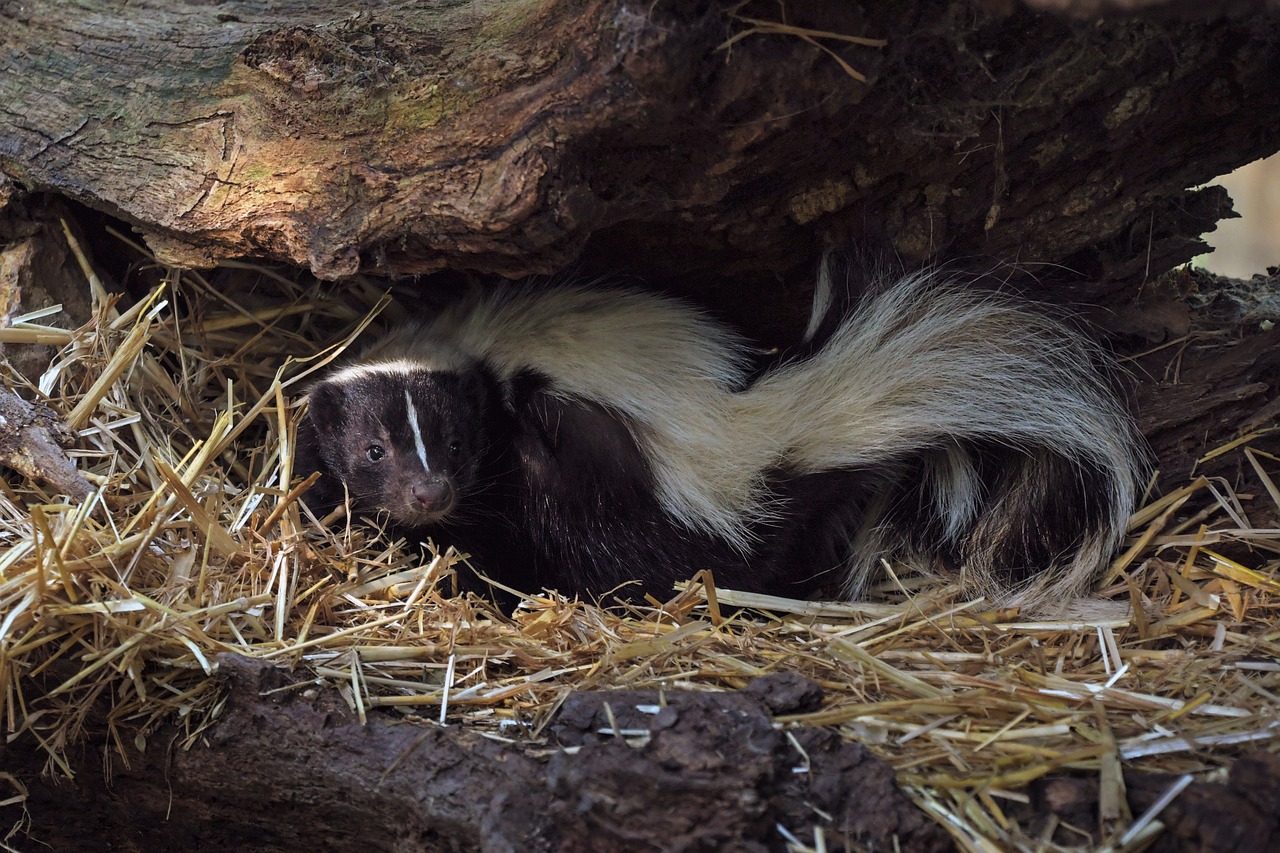We hunt for the same reason that foxes chase mice…because we’re genetically programmed to do it.
Evans Chambers and I were reminiscing the other day, as old men are wont to do. Evans lives in Enid, Oklahoma, and has been affiliated with the Grand National Quail Hunt in various capacities for about a zillion years. We became friends while following a pair of pointers when I went out there for the event a few years ago, and I guess we just “stuck.” If truth be told, our friendship is probably one of the main reasons that I participate in the event every chance I get.
A couple of years ago, at his urging, Sporting Classics published our somewhat immodestly titled tome, The Greatest Quail Hunting Book Ever to highlight Grand National’s 50th anniversary hunt. We were proud of the book at the time and still are, and it has become a cracker-jack seller for us.
By way of background, the book includes a short story that I wrote as the finale for the book. Titled “A Small Southern Tale,” it was born out of one of our previous reminiscences.
The point of the story was to relate to readers how important bobwhite quail were, and are, in the culture of rural America. It also emphasizes how quail hunting was such an inherent part of our lives that the lessons we learned were passed down from generation to generation, and each successive generation was urged to pass along the ethical code that developed around quail hunting.
The story chronicles the life of one bird hunter, June Jones, from the day of his birth until the day of his death. Of course, to do this, it was necessary to include both the preceding and succeeding generations of his family. The latter was his grandson, William, who June called “Willie Boy.” Willie Boy became the perfect emissary to carry the message to the next generation.
One fine fall day, June and Willie Boy were bobbing along in the wake of June’s two pointers, Jim and Joe, when June scratched down a bird, and after it was fetched to hand, he dispatched it in front of the tyke. Of course, Willie Boy had to satisfy his curiosity about the whole process—the living and dying thing, and the hows and whys of killing in general.
In his own way, June did his best to explain…as we all do from time to time. The conversation that followed led to an involved discussion about man’s need to hunt and the consequences of the urge.
People have argued about those points for eons, it seems, but the bottom line appears to be that it’s just hereditary. The product of evolution. We hunt for the same reason that foxes chase mice…because we’re genetically programmed to do it. This programming is stronger in some individuals than in others, but it’s still there. In my own clan, it’s quite strong; in some folks, it seems to be barely discernible, at least on the surface.
On the other hand, Willie Boy and his grandfather may have touched a nerve. And perhaps the genetic urge manifests itself in other ways than the act of hunting for game. The basic urge is to quest. To seek. To search. But it also includes the need to understand.
Said June: “They (predators) have to understand their prey. They have to understand why their prey does what it does. And the more they understand, the better they are as hunters.
“People are the dominant creatures on earth because they have such a powerful need to understand. And that same need to understand everything has made us scientists and explorers, medical researchers and physicists.
“Man is who he is, because of his insatiable need to understand. If we weren’t natural predators, we probably wouldn’t have killed out polio and the plague. And if we didn’t need to seek and to hunt and to understand, we probably wouldn’t have made it to the moon. Every quest of mankind is a result of his hunting instinct.”
That made sense to Willie Boy. It makes sense to me that we wouldn’t have found our way out of Africa to populate the entire planet, either.
We live in a world where those of us who hunt and shoot are regularly excoriated by members of the popular press as perverts and miscreants, as throwbacks to the sub-human and beyond. It’s time we corrected the record.
The gun and bow and the lance and sling are indeed tools of the hunt. But so are the microscope and telescope and the scalpel and computer. I am fond of my guns, in the same way that a carpenter is fond of his favorite hammer, the musician cherishes his violin, and the surgeon appreciates a fine, sharp scalpel.
We recognize there are evildoers in all parts of our society, but it does not justify the slander of all carpenters, or musicians or surgeons because of the actions of a few who share their profession. Scalpels and hammers and, for that matter, tubas and violins could make excellent weapons, given the right circumstances. I once had a 1946 pick-up truck that could have been quite a deadly weapon if I had chosen to use it in that way.
I’m not an aficionado of scalpels or hammers, or tubas or violins, though I do like them. I do find pleasure in shooting a well-made shotgun, because I’m genetically programmed to do so. And that’s the only reason I need.
 This fascinating anthology showcases 38 wonderful stories from those halcyon days when sporting gentlemen pursued the noble bobwhite quail with their favorite shotguns and their elegant canine companions.
This fascinating anthology showcases 38 wonderful stories from those halcyon days when sporting gentlemen pursued the noble bobwhite quail with their favorite shotguns and their elegant canine companions.
The 368-page book opens with compelling tales by the literary giants from quail hunting’s golden era, including Nash Buckingham, Robert Ruark, Havilah Babcock, Archibald Rutledge, and Horatio Bigelow.
The book’s second section presents reminiscences by sporting scribes of the modern era, among them Jack O’Connor, Gene Hill, Joseph Greenfield, Dave Henderson, and Mike Gaddis. The third section is comprised of unforgettable short stories on quail hunting and bird dogs by James Street, Bob Matthews, Dan O’Brien, and Caroline Gordon.
Will the sweet sound of whistling wings, the heart-stopping beauty of a sunset point, the timeless partnership of a man and a dog wise in the ways of wild birds ever return? Perhaps, but for now we can rejoice in the fact that we can, through the writings of some of the finest sporting scribes America has ever produced, experience those golden days vicariously. Buy Now




